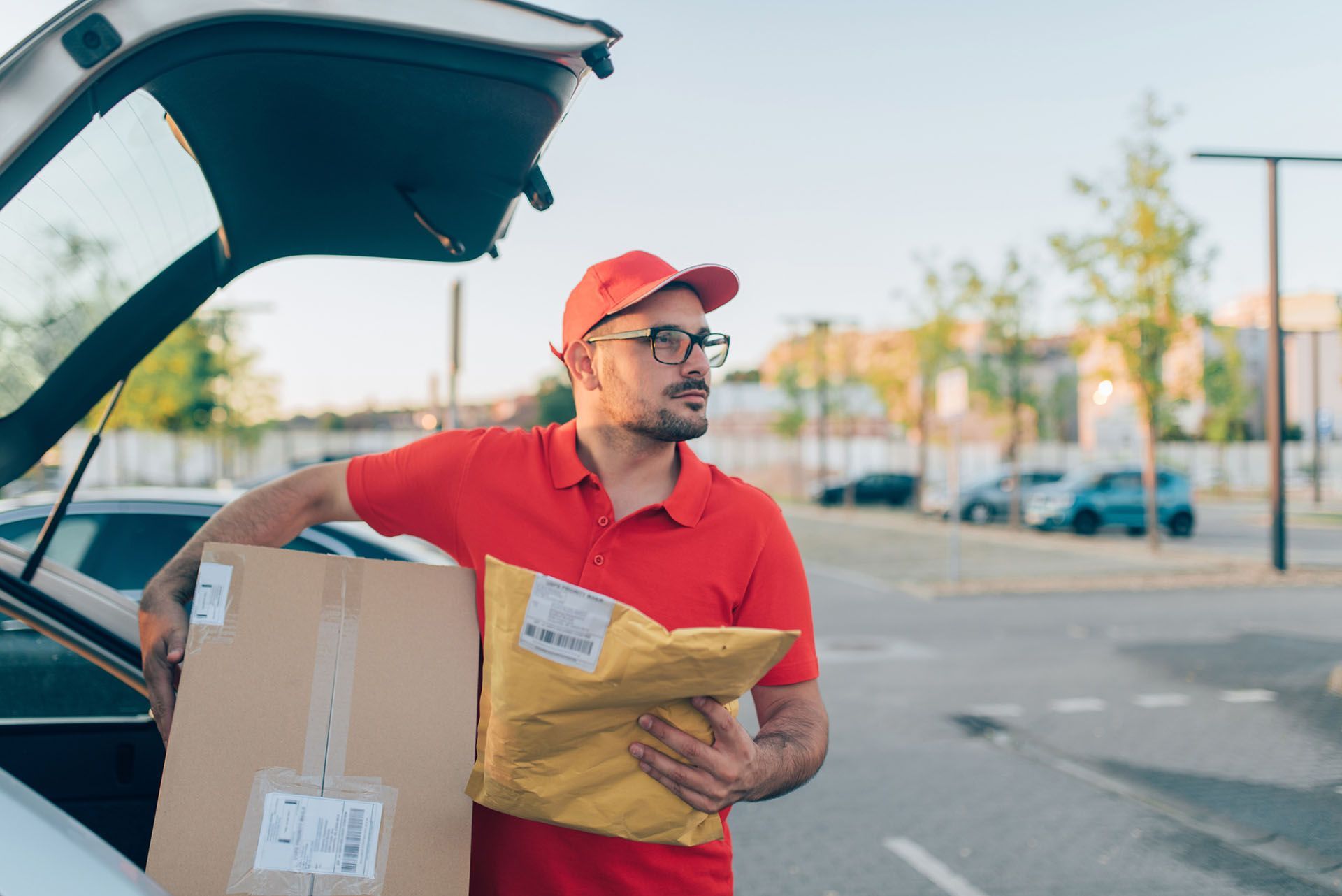6 ways to make your last mile delivery more sustainable
The last two years have bought many changes to our lives and the world of ecommerce, it is unsurprising that the number of home deliveries have increased and are expected to continue to rise over the coming years.
However, at the same time, there in an increased awareness of environmental factors and a drive towards increasing sustainability across the ecommerce and logistics industries. There is no quick fix that will take your business to net zero, every step of the process needs individual attention and optimisation. Here we’ll have a look at five changes you can implement to optimise your logistics chain, for more sustainable last mile delivery.
1. Route optimisation
A longer route means more miles which means more fuel and more time spent on the road. More efficient route planning, for the best delivery routes between the warehouse and all drop off points can provide significant savings in mileage. This will not only save time and money, but also have an impact on the carbon footprint of deliveries, helping work towards a greener overall logistics chain. Solutions like Fetchify’s GeoCoding provide latitude and longitude coordinates for each customer address which allows couriers to calculate the shortest route between all points. As well as saving the company time and money, optimised delivery routes also reduce overall congestion contributing to wider sustainability in urban areas.
2. Reconsider your packaging
The obvious thought is of course to switch to recycled or recyclable packaging, but that relates to the sustainability of your business as a whole and is a subject for another blog. When thinking specifically about your last mile delivery, there is another aspect of packaging to consider: space-efficiency.
With the race for ever-faster delivery, one-size-fits-most packaging may seem the most time-efficient solution, but every time a single item is shipped in a delivery box that could also fit a three piece set, that is dead space in the van which could be carrying more individual orders and increasing the efficiency and therefore the sustainability of the whole journey. Achieving most sustainable last mile deliveries is achieved by adjusting and tweaking at every stage of the process.
3. Parcel Lockers
One of the biggest reasons for failed deliveries is customer absence. We’ve all come home and groaned to find that “sorry you were out” note. Missed deliveries are not only extremely frustrating, they are also a waste of time and fuel for the delivery company. One solution to the problem is to use parcel lockers. These are usually situated in busy, central areas such as train stations or shopping malls and most are accessible 24/7. Customers can pick up their parcel as part of a larger trip to buy groceries or on their commute, increasing fuel efficiency of the entire delivery even further with less mileage required by that one package.
4. Real-time tracking
Lockers aren’t the only answer to the absent customers issue. Just because your customer has ordered something online doesn’t mean they have time to wait by the door all day till it arrives. Often delivery windows are several hours long or even “anytime between 9am-5pm”. Some tracking systems allow the customer to let the driver know up to the last hour whether they will be home or not which saves a failed delivery if something unexpected were to come up. But before you can make sure your clients are receiving the most accurate delivery updates, you need to make sure you are collecting accurate contact details from them at checkout, up-to-the-minute messages that are going to an incorrect phone number or email are not going to help optimise the delivery. Fetchify’s phone validation and email validation solutions plug quickly and easily into your checkout ensuring your capture only accurate and validated contact details every time.
5. Low emission delivery vehicles
Possibly the most obvious problem with last mile deliveries is the sheer number of vehicles on the road at any one moment, bringing goods to people’s homes.
According to a government survey* there were 4.1million licensed vans on the roads between 2019-2020 which racked up 5.5billion miles. 85% of that mileage was for commercial purposes.
The same study stated that only 10,400 of those vehicles were ultra-low emission vans (ULEV).
As an industry, there is still a long way to go in increasing sustainability. Route optimisation as stated above, can help reduce mileage, but switching your fleet to ULEVs or using a carrier that employs only ULEVs, will make a huge difference to the carbon footprint of your last-mile delivery.
6. Address validation
You can finesse every part of your delivery process, from warehouse to the front door, but if you captured the wrong address at checkout, even a perfectly optimised route won’t get the delivery to the right place. It is important to get in the foundations to build the rest of your sustainability plan on top of. In the case of greener last-mile logistics, your foundation has to be accurate and validated customer data.
Fetchify’s type-ahead address search and validation tool, Address Auto-Complete, provides the customer with suggestions as they type and correctly auto-fills the checkout form when they click on the right address suggestion. This not only speeds your customers through the checkout process, reducing abandoned carts, it also ensures you capture 100% accurate address data so you can get your deliveries to the right place, every time.





